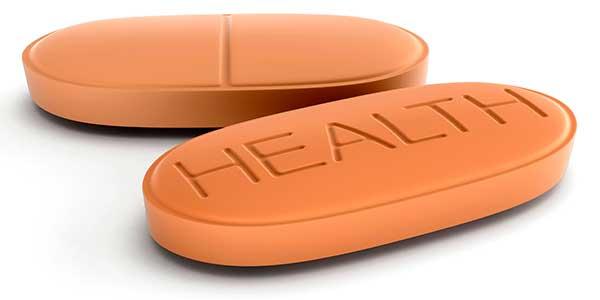What to Do if Bitten by a Dog
Dog bites can cause pain and injury, but they can also spread germs that cause infection. Any dog can bite – know what to do after getting bitten.

Protect yourself
• Put your purse, bag, or jacket between you and the dog.
• If you are knocked down, curl into a ball with your head tucked in and your hands over your ears and neck.
Wash wounds with soap and water
When you get to a safe place, immediately wash wounds with soap and water. Seek medical attention, especially:
• For minor wounds:
- Wash the wound thoroughly with soap and water.
- Apply an antibiotic cream.
- Cover the wound with a clean bandage.
- See a healthcare provider if the wound becomes red, painful, warm, or swollen; if you develop a fever; or if the dog that bit you was acting strangely.
• For deep wounds:
- Apply pressure with a clean, dry cloth to stop the bleeding.
- If you cannot stop the bleeding or you feel faint or weak, call 911 or your local emergency medical services immediately.
- See a healthcare provider as soon as possible.
• See a healthcare provider:
- If the wound is serious (uncontrolled bleeding, loss of function, extreme pain, muscle or bone exposure, etc.).
- If the wound becomes red, painful, warm, or swollen, or if you develop a fever.
- If you don’t know if the dog has been vaccinated against rabies.
- If it has been more than 5 years since your last tetanus shot and the bite is deep.
Report the bite
Because anyone who is bitten by a dog is at risk of getting rabies, consider contacting your local animal control agency or police department to report the incident, especially:
- If you don’t know if the dog has been vaccinated against rabies.
- If the dog appears sick or is acting strangely.
If possible, contact the owner and ensure the animal has a current rabies vaccination.
You will need the rabies vaccine license number, name of the veterinarian who administered the vaccine, and the owner’s name, address, and phone number.
Diseases you can get from dog bites
In addition to causing injury, dog bites can spread germs from dogs to people. Up to 18% of dog bites become infected with bacteria.
Over 60 different kinds of bacteria have been found in dog mouths, but only a handful of these germs can make you sick.
Dog bites can cause the following diseases:
♦ Rabies is one of the most serious diseases people can get from dog bites. Although getting rabies from a dog in the United States is rare, it is still a risk. Rabies is a virus that affects the brain and is almost always fatal once symptoms appear.
Rabies virus is most commonly spread through the bite and saliva of an infected animal. The disease can be prevented by vaccinating dogs. People who are bitten by a dog should speak with a healthcare provider to see if rabies vaccination is necessary.
• Current treatment consists of a total of 5 shots. They are relatively painless and are given in your arm like a flu or tetanus vaccine; rabies vaccines are not given in the stomach.
♦ Capnocytophaga bacteria live in the mouths of people, dogs, and cats. These bacteria do not make dogs or cats sick. Rarely, Capnocytophaga can spread to people through bites, scratches, or close contact from a dog or cat and cause illness.
Most people who have contact with dogs or cats do not become sick, but people with a weakened immune system are at greater risk of becoming sick because it is harder for their bodies to fight infections.
♦ Pasteurella is a type of bacteria seen in over half of infected dog bite wounds. Pasteurella commonly causes a painful, red infection at the site of the bite, but can cause a more serious disease in people with weakened immune systems. There may also be swollen glands, swelling in the joints, and difficulty moving.
♦ MRSA (methicillin-resistant Staphylococcus aureus) is a type of staph infection that is resistant to a certain group of antibiotics. Dogs and other animals can carry MRSA without showing any symptoms, but the bacteria can cause skin, lung, and urinary tract infections in people.
In some people, MRSA can spread to the bloodstream or lungs and cause life-threatening infections.
♦ Tetanus is a toxin produced by a type of bacteria called Clostridium tetani. The bacteria are usually found in soil, dust, and manure and enter the body through breaks in the skin — usually cuts or puncture wounds caused by contaminated objects.
This toxin causes rigid paralysis in people and could be a problem in deep bite wounds.
• Fatality due to tetanus is 45-50%, so this should not be taken lightly. Most people listen to their family doctors and keep current on their tetanus vaccinations.
• There have been only about 30 reported cases each year. Nearly all cases of tetanus are among people who did not get all the recommended tetanus vaccinations.
Any dog can bite, but if you understand the risks for dog bites and know how to protect yourself, you will reduce your likelihood of getting sick or injured.





